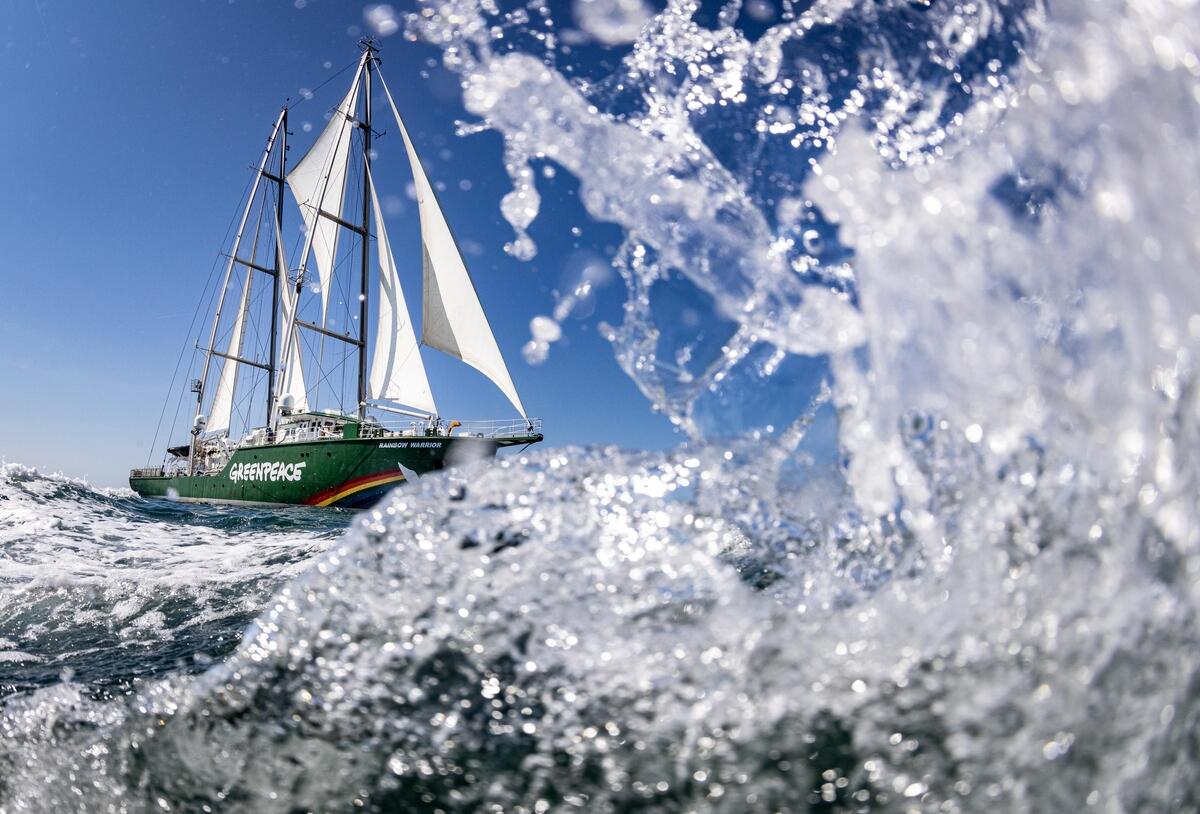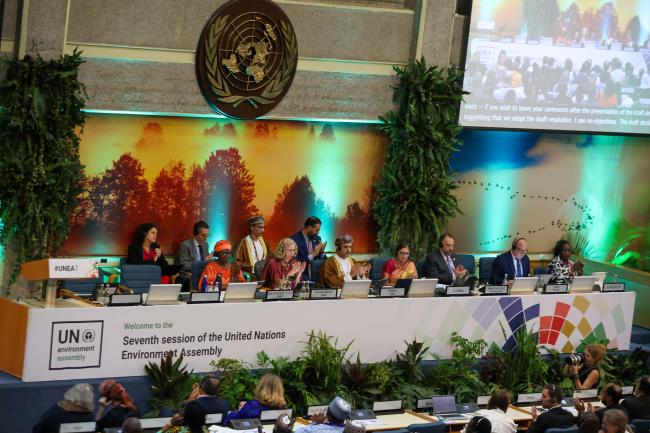Safeguarding Africa’s global reputation and environmental leadership
As Ministers gather this week for the 20th Ordinary Session of the African Ministerial Conference on the Environment (AMCEN-20), they are presented with yet another critical opportunity to take decisive, unified action on the environmental challenges facing our continent. This session is not just a routine meeting—it also marks the 40th anniversary of AMCEN’s establishment in Cairo in 1985, making it a powerful moment for reflection, accountability, and renewed ambition.
AMCEN brings together African environment ministers, government representatives, technical institutions, civil society organisations, and development partners to provide political guidance and regional leadership. Its mission is to promote sound environmental governance and sustainable development across Africa, while ensuring that African priorities are championed in global environmental negotiations. Whether at the Intergovernmental Negotiating Committee (INC) to develop a legally binding instrument on plastic pollution or at the UNFCCC COP 30, AMCEN plays a vital role in shaping Africa’s voice and strategy. It also monitors and reviews national and regional environmental programmes, supports the ratification and implementation of multilateral environmental agreements (MEAs), and strengthens institutional and civil society capacities across the continent.
This year’s theme, “Four Decades of Environmental Action in Africa: Reflecting on the Past and Imagining the Future”, underscores the urgent need for ministers to take stock of progress while laying the groundwork for transformative policies. One such area where decisive action is urgently needed is the fight against plastic pollution.
Africa has made significant strides on the path to a plastic-free future. To date, 34 out of 54 countries have enacted laws banning single-use plastics. And in 2023, AMCEN demonstrated visionary leadership by adopting Decision 19/2, which articulates Africa’s commitment to a legally binding Global Plastics Treaty. That decision called for bold action to address plastic pollution across its entire lifecycle – from production to disposal – and acknowledged the disproportionate impacts of plastics on Africa’s environment, health, and economy.
As the next and potentially final round of negotiations for the Global Plastics Treaty (INC-5.2) approaches this August in Geneva, it is imperative that African Ministers reaffirm and uphold the positions taken at AMCEN-19. This is not the time to retreat, nor to allow Africa’s negotiating voice to be diluted by vested interests or industry influence.
The AMCEN-19 decision sent a clear and united message: Africa is ready to lead. It positioned our continent as a cohesive bloc calling for strong global action to bring plastic production and consumption to sustainable levels and to protect human health, the climate, and biodiversity. Upholding this decision not only preserves our collective integrity and influence, but also signals to the world that Africa’s environmental leadership is principled, resolute, and uncompromising.
Plastic pollution has a deeply unequal impact. From open burning and dumping in low-income communities, to the health threats of microplastics and toxic chemicals, it is often the most vulnerable who suffer the most. The continent cannot afford to backslide. African leaders must prioritise policies that support refill and reuse systems, invest in toxic-free circular economy solutions, and ensure a just transition that protects informal waste workers and frontline communities.
Plastics are also a growing climate threat. From fossil fuel-based production to post-consumer waste, plastic contributes significantly to greenhouse gas emissions throughout its lifecycle. As climate impacts accelerate across the continent, Africa cannot ignore the plastic crisis as a climate crisis too.
As Ministers deliberate this week, the path forward is clear:
- Reaffirm AMCEN Decision 19/2 and stand firm on Africa’s core negotiating positions heading into INC-5.2.
- Resist efforts to weaken the treaty’s ambition, especially proposals that avoid binding obligations or favor voluntary industry-led measures.
- Advocate for global targets that reduce plastic production at the source.
- Push for meaningful financing and technology transfer to support developing countries, including waste workers and marginalized communities, in the just transition away from plastic dependency.
Africa’s strength lies in its unity. The decisions we make now will shape how future generations experience our environments, our economies, and our place in the world. We must act with courage, not caution but with conviction, not compromise.
The world is watching. It is time for Africa to lead – again.
Co-authored by:
Hellen Kahaso Dena, Pan- African Plastic Project Lead at Greenpeace Africa
Merrisa Naidoo, Plastics Program Manager, at GAIA Africa and BreakFreeFromPlastic Africa
Originally published in the Business Daily



